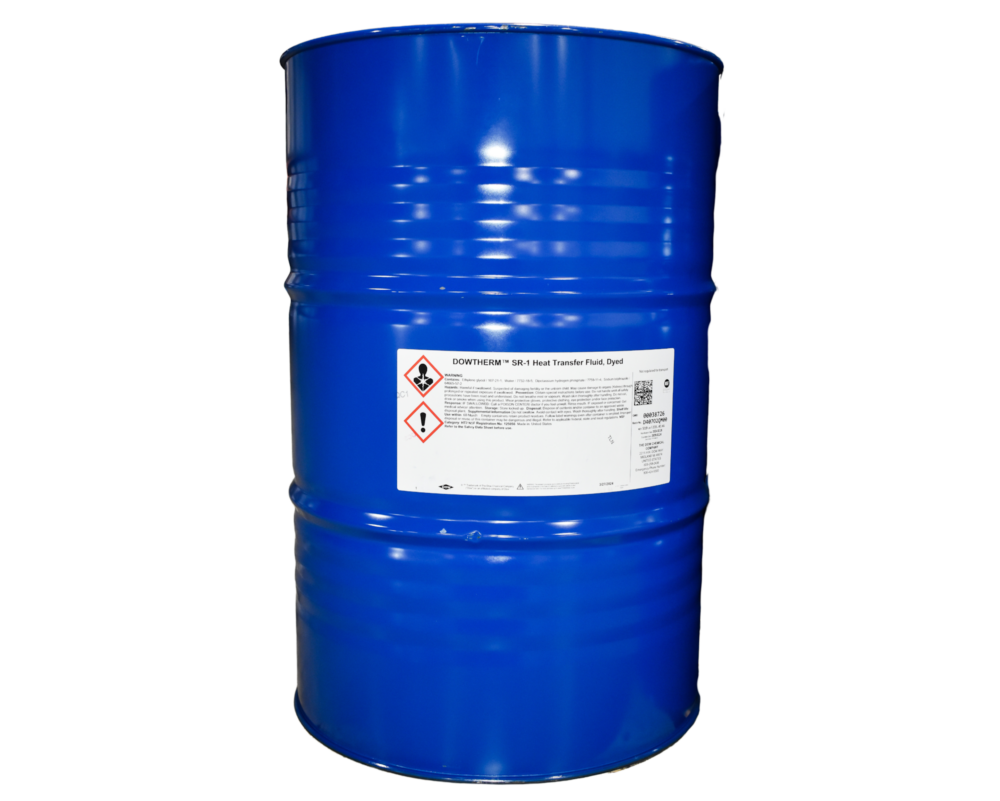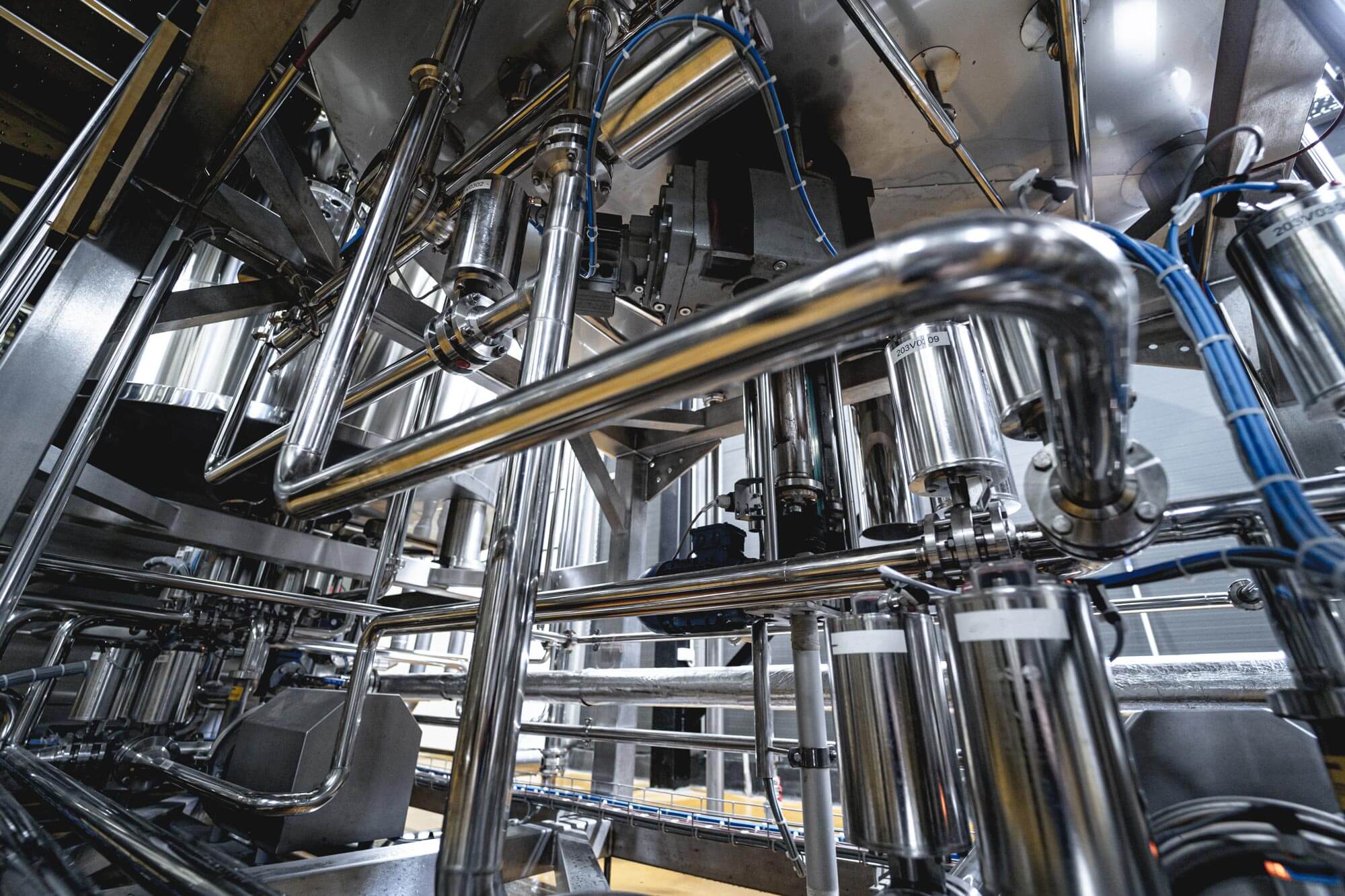Leading Factors To Consider for Selecting the Right Heat Transfer Fluid for Your Demands
Leading Factors To Consider for Selecting the Right Heat Transfer Fluid for Your Demands
Blog Article
Why Heat Transfer Liquid Is Necessary for Optimizing Power Transfer in Solution
The role of heat transfer liquids in maximizing power transfer is crucial for attaining efficient thermal management across various commercial fields. These liquids help with smooth warmth exchange, ensuring procedures operate within ideal temperature level ranges and reducing the risk of getting too hot.

Function in Thermal Administration
Heat transfer fluids play a critical function in thermal management by effectively regulating temperature levels in various industrial procedures and systems. These specialized fluids promote the transfer of warmth in between different components, ensuring optimal operating problems and preventing getting too hot. By keeping specific temperature level control, heat transfer fluids enable industries such as chemical manufacturing, oil and gas, and power generation to run safely and efficiently.
The choice of an appropriate heat transfer fluid depends on numerous aspects, consisting of thermal security, heat ability, and thickness. High thermal stability ensures that the liquid can hold up against severe temperatures without deteriorating, while a high warmth capability allows it to soak up and release considerable quantities of warmth - heat transfer fluid. Reduced thickness reduces the power needed for pumping, contributing to general system performance
Furthermore, heat transfer fluids are indispensable in applications like refrigeration, where they assist take in and dissipate heat throughout the cooling cycle. In solar thermal power systems, these liquids capture and transportation solar warmth to produce power or give hot water. Their adaptability to varied operating conditions and capacity to keep regular thermal efficiency emphasize their relevance in industrial thermal administration, assisting in operational continuity and improving security steps.

Enhancing System Performance
To optimize the benefits of thermal administration, improving system effectiveness with the tactical use warmth transfer fluids is vital. These liquids play a vital duty in maximizing energy transfer by assisting in regular thermal law, which consequently affects the overall efficiency and longevity of systems. Reliable warm transfer leads to reduced energy losses, decreased operational prices, and improved reliability of devices. By maintaining optimum temperature level levels, warm transfer liquids help guarantee that systems run within their developed parameters, therefore stopping getting too hot and reducing the danger of component failure.

Kinds of Warm Transfer Fluids
The variety of warmth transfer fluids underscores their important function in a variety of industrial applications, each customized to satisfy certain thermal monitoring needs. These liquids assist in efficient power transfer and are chosen based on key residential or commercial properties such as thermal stability, viscosity, and heat capability. The primary kinds include water, glycol solutions, oils, and synthetics, each offering distinctive advantages.
Water is the most common warmth transfer tool as a result of its high certain warmth capacity and affordable. Nonetheless, its usage is restricted by its cold and steaming points. Glycol mixtures, typically used in a/c systems, provide a lower freezing factor, adding flexibility in various climates. Mineral oils are favored for their thermal security and non-corrosive nature, making them ideal for high-temperature applications.

Synthetic fluids, including silicone and fragrant compounds, provide outstanding thermal stability and are used in atmospheres demanding extreme temperature level ranges. These liquids ensure remarkable efficiency in systems where traditional liquids may fail. The choice of a warm transfer fluid is crucial, as it influences system efficiency, security, click for source and long life. Each kind needs to be selected to straighten with the operational needs and the particular conditions of the application it serves.
Environmental and Economic Perks
Using the ideal heat transfer fluids supplies significant ecological and financial benefits for industrial operations. Ecologically pleasant warmth transfer fluids, usually biodegradable and safe, lessen the danger of soil and water contamination in the event of leaks or spills, therefore shielding environments and abiding with stringent ecological regulations.
Financially, the best warmth transfer fluid can considerably lower operational prices. Liquids with extended lifecycle efficiency lower the frequency of substitutes and maintenance, minimizing downtime and connected prices. Generally, the strategic usage of ideal heat transfer fluids sustains lasting financial growth and ecological stewardship.
Selecting the Right Fluid
How does one browse the complex procedure of picking the ideal warm transfer fluid for industrial applications? Thermal security ensures the liquid can endure high temperatures without deteriorating, while compatibility protects against deterioration or other detrimental reactions with system elements.
In addition, the liquid's warmth ability and viscosity are critical. A high heat capacity permits the liquid to soak up and transfer even more energy, boosting effectiveness.
Final Thought
The critical selection and application of warmth transfer fluids are basic to enhancing energy transfer across different systems. By making sure high thermal security and capability, these liquids give exact temperature level control and boost general system effectiveness.
Report this page